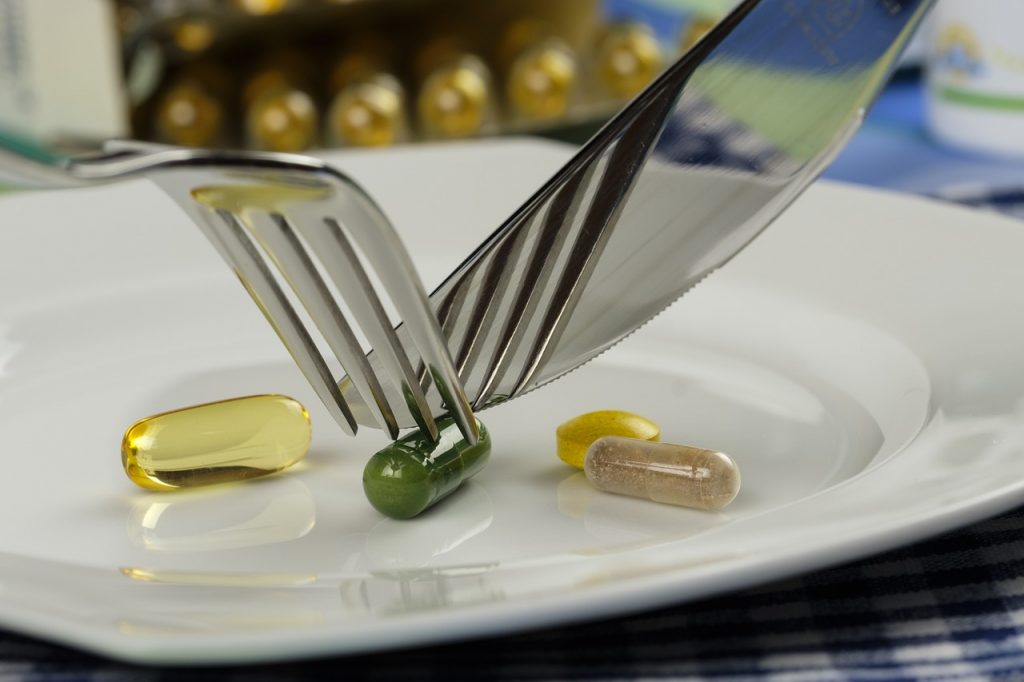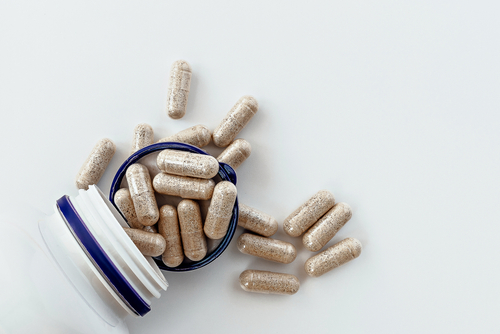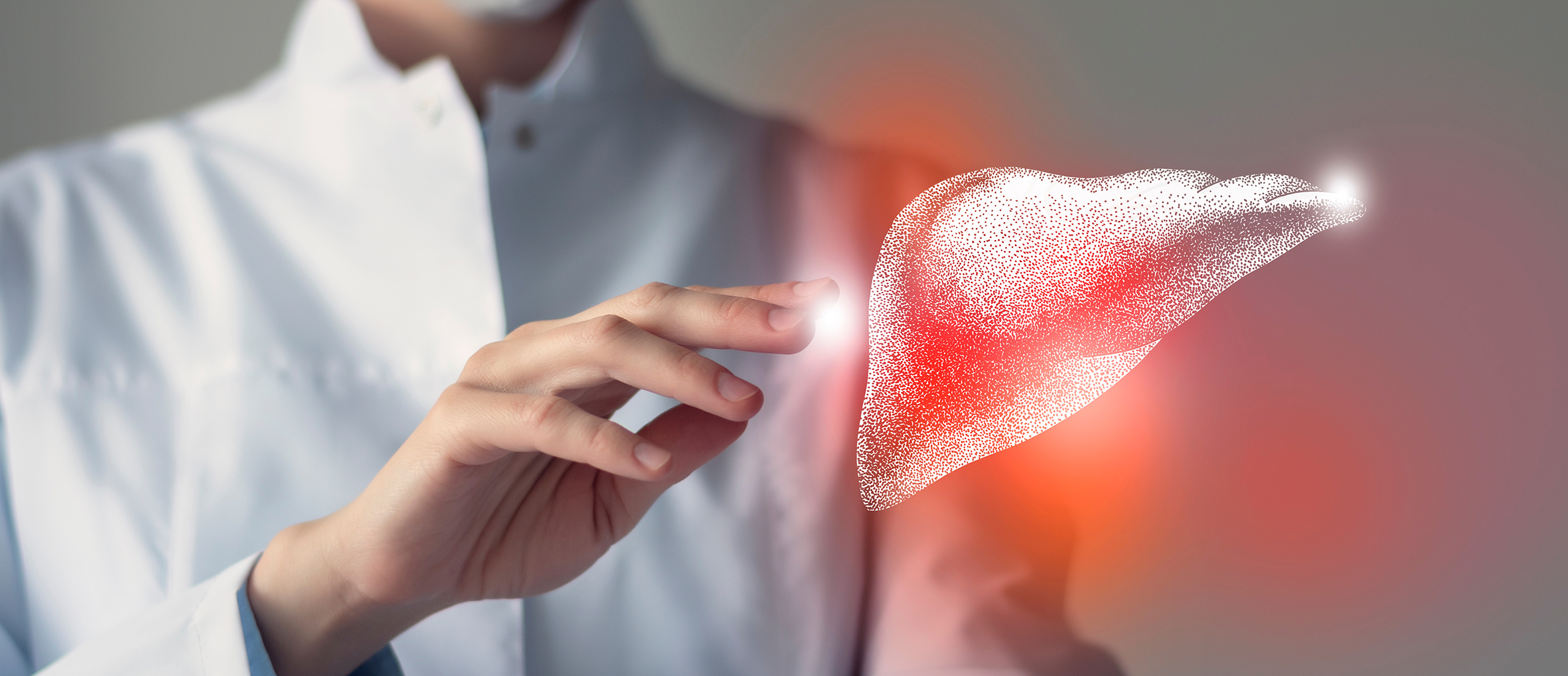HRT stands for Hormone Replacement Therapy. GRT stands for Gallbladder Replacement Therapy, in case you hadn’t heard of this acronym.
GRT is for those who have had one of the most common surgical procedures in the UK – the removal of their gallbladder, known as a cholecystectomy.
The Gallbladder
Every client of mine who has had this surgery has been told that they can carry on doing what they were doing, eat what they were eating and drink what they were drinking since this had nothing to do with the development of gallstones or gallbladder disease that warranted the surgery. None were informed that the function of the gallbladder was essential and that without it, this vital function is compromised and that they will need GRT. The essential function of the gallbladder is to concentrate bile made in the liver and store it ready for release when needed to enable the proper digestion of fat.

Bile Acids
Bile or bile acids, however, enhance health and digestion, and do more than provide a replacement therapy for those with no gallbladder. In truth, bile acids would benefit many more people than just those without this essential organ or those with difficulty digesting fatty foods. There is a surprising multiplicity of functions of bile acids.
It may come as news to you that bile acids play key roles in the health of your cardiovascular system, your nervous system, your gut microbiome, the balance of your hypothalamic-pituitary-adrenal-axis (HPAA) and in regulating inflammatory reactions within your body. Here is some summary information about these mostly unappreciated functions.
There are a number of bile acid receptors that help to explain why bile plays such divergent roles within the human body and not just within the digestive system. The receptors are called FXR, G protein-coupled bile acid receptor 1 (GPBAR1), vitamin D receptor (VDR), and liver X receptor (LXR). These are widely represented in immune cells, monocytes and macrophages, dendritic cells, natural killer cells, and natural killer T cells, and to a lesser extent in T and B lymphocytes. By interacting with these receptors, bile acids can influence the course of inflammatory reactions.
Inflammation: FXR activation by bile acids blocks a cascade and prevents the binding of nuclear factor kappa B (NF-κB) to the promoters of genes encoding proinflammatory cytokines, chemokines, and inducible NO synthase.
Cardiovascular health: in the endothelium, GPBAR1 inhibits the binding of NF-κB to the promoter of target genes, causing inhibition of the production of inflammatory cytokines such as TNF-α, and inhibits adhesion of circulating monocytes to endothelial cells.
HPAA: the adrenal cortex’s steroid-producing cells are particularly susceptible to the effects of bile acids.
Nervous system: the chemical structure of bile acids is very similar to that of neurosteroids, and can modulate the functions of N-methyl-D-aspartic acid (NMDA) which is at the centre of the balance between sympathetic and parasympathetic activity. Neurosteroids have a pronounced anticonvulsant, sedative, antinociceptive, and antidepressant effect, and affect the mechanisms of learning and memory.
Gut Microbiome: bile acids have a significant regulatory effect on the microbial population, with a reduced amount being associated with excessive bacterial growth and inflammation.,
The importance of Bile Acids

Therefore, in this clinician’s opinion, just as digestive enzymes are a very popular choice for those with digestive symptoms, so bile supplements should be recognised as commonly required.
An interruption in the optimal production of bile acids, can lead to an adverse cycle of ever-diminishing levels. This is because as much as 95% of bile is passively absorbed across the intestinal lumen and recycled back to the liver, and only about 5% of bile continues to travel through the colon and is released via faecal excretion, taking with it and eliminating bilirubin and unwanted toxins.
The addition of bile in supplement form can help to reverse this non-virtuous cycle, over time, by increasing the amount of recycled bile and thereby better supporting the liver’s ability to make sufficient bile acids the next day.
Allergy Research Gallbladder Salts provides 500mg of ox bile per capsule and can be a vital digestive aid to support fat digestion and enhance the daily production of bile acids for all of its multiple functions in your body. I for one, recommend Gallbladder Salts every week in clinical practice.
Money-saving hacks for your Easter break





